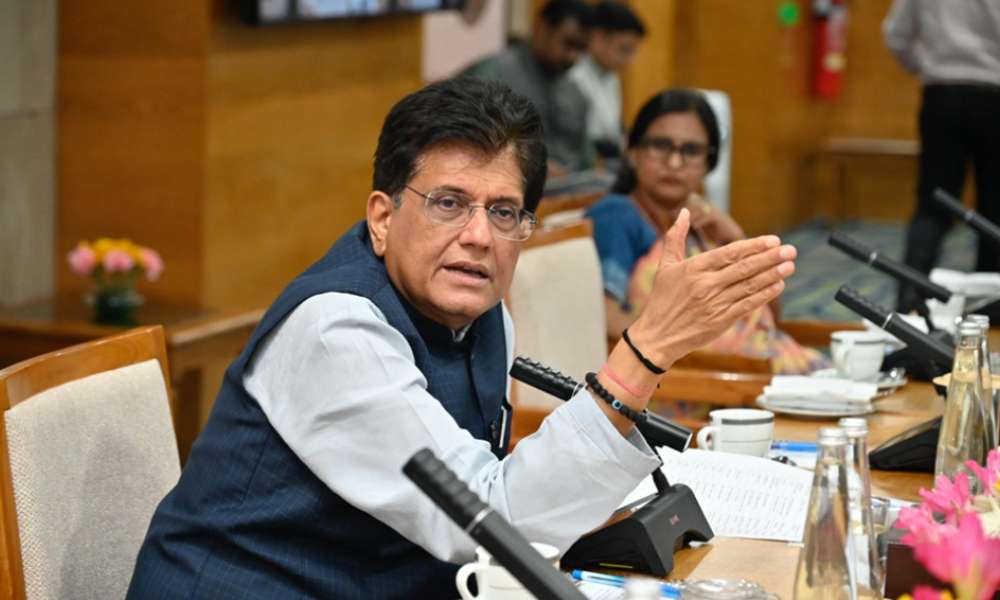
On 30th June, Mr. Kirit Bhansali, Chairman of the Gem & Jewellery Export Promotion Council (GJEPC), along with Executive Director Mr. Sabyasachi Ray, met with Union Commerce & Industry Minister Shri Piyush Goyal at Vanijya Bhawan, New Delhi. The meeting was part of a broader dialogue involving Export Promotion Councils and industry associations.
During the discussion, the GJEPC delegation brought forth several pressing concerns and policy suggestions aimed at enhancing the sector’s global competitiveness. Top among them were challenges surrounding the availability of gold for export, the complexity of the current licensing system for gold jewellery, and the necessity of reinstating the gem and jewellery sector as a national priority—similar to other labour-intensive sectors like textiles and leather.
The Council also proposed extending the Interest Equalisation Scheme until 31 March 2026 and lifting the ₹50 lakh fiscal cap for MSMEs, which currently limits benefits for small exporters. Moreover, they advocated for a supportive framework for platinum jewellery exports, including duty-free access to raw materials and a duty drawback mechanism akin to those available for gold and silver.
GJEPC commended the Indian Government’s active stance in progressing the India–USA Bilateral Trade Agreement, noting its potential to reduce tariff hurdles and ensure long-term trade stability for the sector.
On the infrastructure front, the Council suggested classifying Jewellery Parks under the Harmonised List of Infrastructure, enabling access to institutional financing. They also called for a designated nodal agency to enforce G7 traceability requirements for diamonds and urged the adoption of international self-regulatory standards, inspired by global benchmarks such as the LBMA and AMFI.
Expressing gratitude for the Government’s ongoing support, Mr. Bhansali remarked, “We are thankful for the Minister’s continued engagement with our industry. The gem and jewellery sector not only plays a vital role in India’s export economy but also provides employment to over five million people. With the right policy framework—focused on easing raw material procurement, streamlining export operations, and recognising our sector as a national priority—India can further solidify its leadership on the global stage.”

